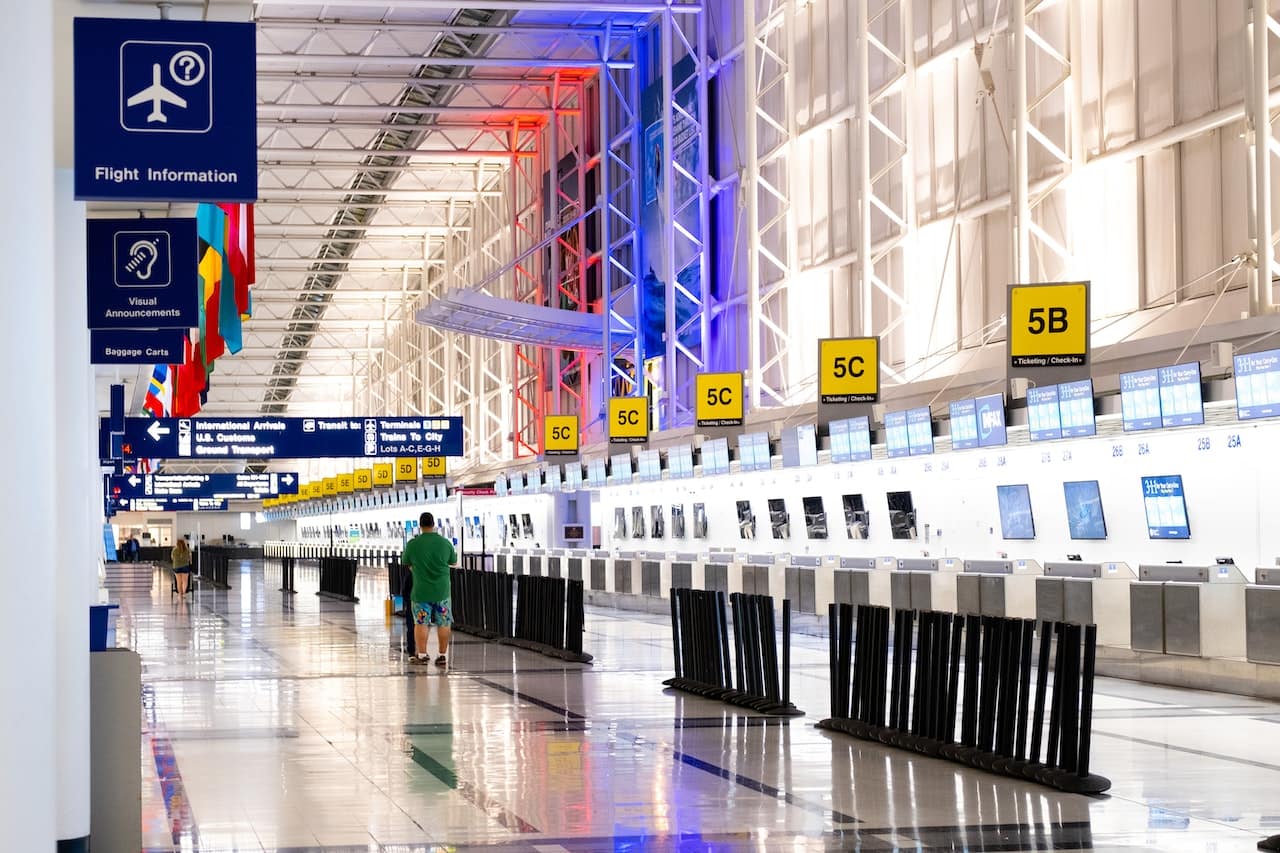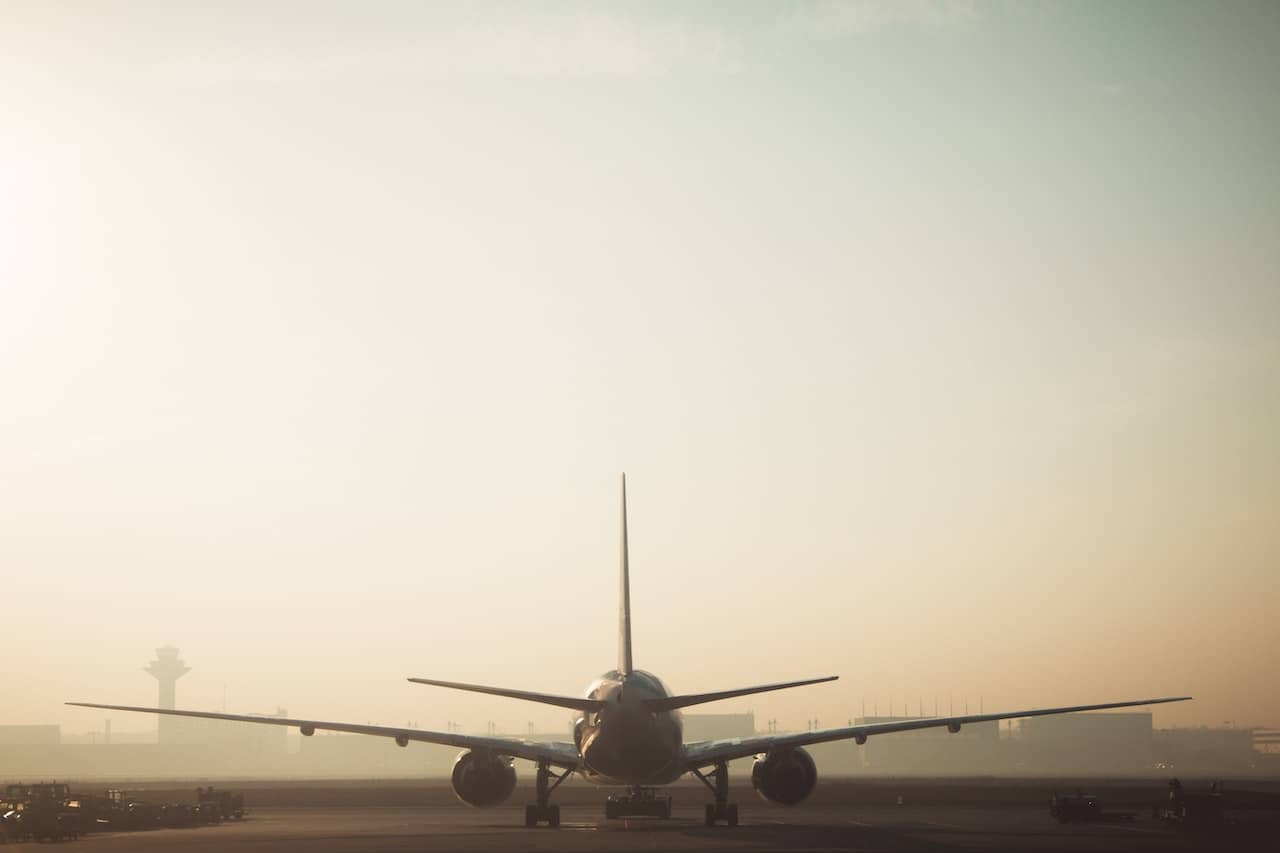The airline industry is undoubtedly fascinating, capturing the dreams of millions who aspire to soar through the skies. While the industry offers exciting career opportunities, it also comes with its fair share of risks and hazards. In this article, we will explore the dangers that airline workers face on a daily basis, shedding light on the less glamorous aspects of this high-flying profession. We will also explore the best way to start an accident at work claim.
The Risks in the Airline Industry
Working in the airline industry exposes employees to various risks that are unique to this field. Let’s delve into some of the most prominent dangers faced by those who keep our planes running smoothly.
Physical Injuries and Accidents
One of the primary hazards faced by airline workers is the risk of physical injuries and accidents. From baggage handlers and maintenance technicians to cabin crew members and pilots, each role carries its own set of potential dangers. Slips, trips, and falls are common occurrences on the airport apron, where fast-paced operations and unpredictable weather conditions can create hazardous working environments.
Furthermore, flight attendants and pilots may experience injuries during turbulence or sudden aircraft movements. These incidents can result in sprains, fractures, or more severe injuries. While stringent safety measures are in place, accidents can still happen, reminding us of the inherent dangers of working in the airline industry.
Exposure to Hazardous Substances
Another often overlooked risk in the airline industry is the exposure to hazardous substances. Maintenance crews regularly handle chemicals and lubricants, which can be harmful if mishandled or if proper safety precautions are not followed. Furthermore, airline workers who come into contact with jet fuel, hydraulic fluids, or engine exhaust may face long-term health consequences.
Prolonged exposure to these substances can lead to respiratory issues, skin conditions, and even certain types of cancers. While safety protocols are in place to mitigate these risks, vigilance and strict adherence to procedures are crucial to protecting the health and well-being of airline employees.
Mental and Emotional Stress
The high-pressure nature of the airline industry can take a toll on the mental and emotional well-being of its workers. Pilots, for instance, face the responsibility of safely transporting hundreds of passengers to their destinations, often operating in demanding conditions such as adverse weather or challenging schedules. This level of responsibility and the need for constant alertness can lead to high stress levels and fatigue.
Flight attendants also encounter unique challenges. Dealing with difficult passengers, managing emergencies, and coping with irregular sleep patterns due to long-haul flights can all contribute to mental and emotional strain. Adequate rest, counseling services, and support systems are essential for maintaining the mental health of those in the airline industry.
The Most Common Injury in the Airline Industry
While the dangers mentioned above encompass a wide range of risks, one particular type of injury stands out as the most common in the airline industry: musculoskeletal injuries. These injuries primarily affect ground staff, such as baggage handlers and maintenance technicians, who perform physically demanding tasks on a daily basis.
Lifting heavy bags, loading cargo, and operating equipment can place immense strain on the body, leading to sprains, strains, and back injuries. Repetitive motions and awkward body positions further increase the risk of musculoskeletal issues. To mitigate this danger, proper training, ergonomic equipment, and regular breaks are crucial for minimizing the occurrence of these injuries.
Making an Injury at Work Claim
When an airline employee suffers an injury while on the job, it is important to understand their rights and options for recourse. In such cases, making an injury at work claim becomes essential. By seeking compensation for medical expenses, lost wages, and other damages, employees can receive the support they need during their recovery process.
To make an injury at work claim, individuals should gather relevant evidence, such as medical records, incident reports, and witness testimonies. Consulting with us at National Claims, where we specialise in workplace injuries can provide valuable guidance and representation throughout the claims process.

Conclusion
In conclusion, while the airline industry may appear glamorous from the outside, it is essential to recognize and address the dangers that come with working in this field. Physical injuries, exposure to hazardous substances, and mental and emotional stress are just a few of the risks faced by airline employees. By prioritizing safety, implementing comprehensive training programs, and providing support systems, we can strive to create a safer working environment for those who contribute to the wonders of aviation. In cases where injuries do occur, understanding the process of making an injury at work claim can help employees receive the compensation and support they deserve.
Contact us now to start your claim and to understand more regarding an injury at work claim.
Click below to see why we are one of the most trusted claims management companies in the UK.

We’re proud of our excellent customer reviews
We thrive on delivering exceptional service and ensuring our clients’ satisfaction. Don’t just take our word for it. Check out some of our independent reviews to see what our clients have to say.
Excellent

This firm is excellent, they sorted out my car pay out and injury claim very fast, they always communicate with you all the time.

My accident case was dealt with confidence and with great result of the outcome, especially James kept me informed all the time.

I was very impressed at the way my inquiry was treated. I was listened to attentively and everything I needed to know was explained to me.






